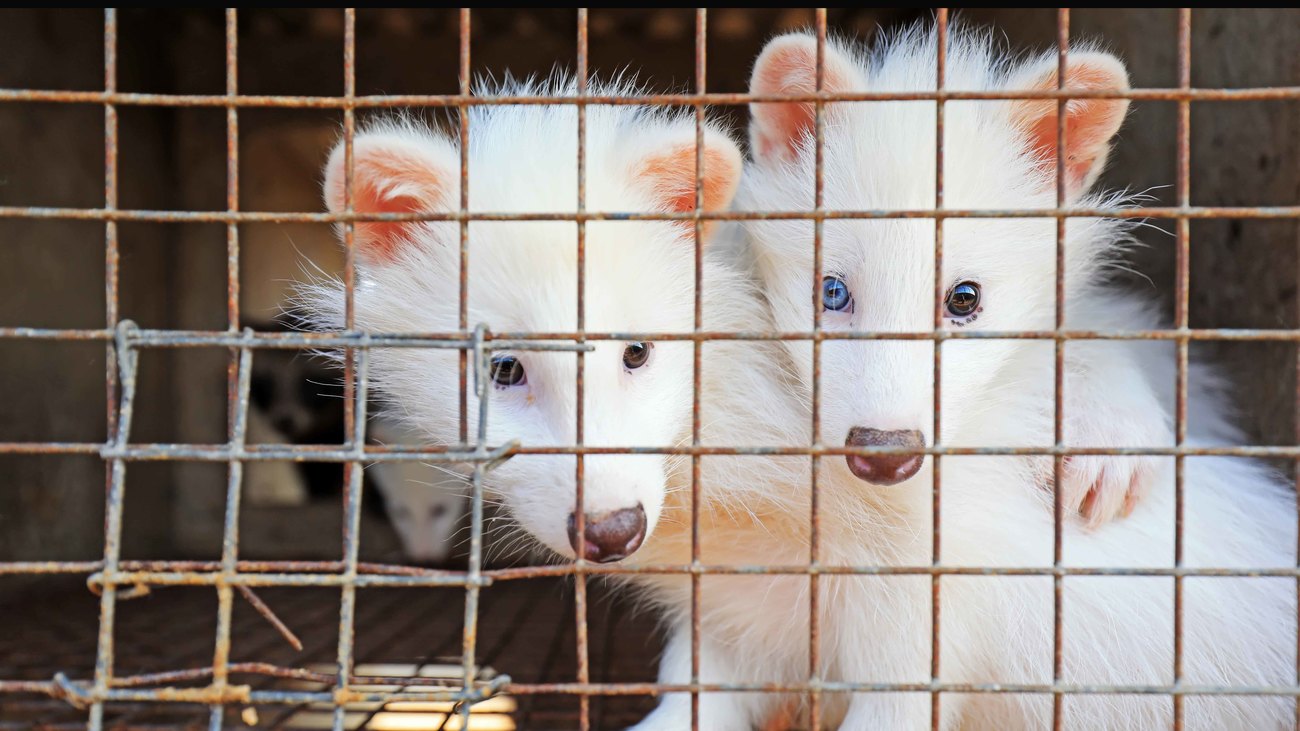combatting wildlife crime — a common interest for the US and China
combatting wildlife crime — a common interest for the US and China

The newly released WHO report on the origins of Covid-19 confirms what we have long suspected.
Wildlife trade most likely played a role for the virus to spread from its original wild animal host to people.
I am encouraged to see, finally, world leaders are putting politics aside to understand the origin of the pandemic. To me, addressing its root cause is the convergence of interests between the United States and China.
China closed the Wuhan Huannan market early on in the epidemic. As the US was embroiled in conspiracy theories about the origin of the pandemic and blaming the so-called “wet” markets, China was focusing on the possible pathway —wild animal trade. Realizing that most of the samples collected from the Wuhan market came from an area where wild animals were sold, China banned wildlife eating and closed all markets selling wild animals, and the farms supplying these markets with wild animals for food.
Since banning wildlife markets, China has also moved to strengthen a series of laws, including the Wildlife Protection Law, the Criminal Law, the Biosafety Law, and the Animal Epidemic Prevention Law. All these legislative moves demonstrate one thing. China considers wildlife crime as a threat to the country’s ecological security as well as public health and safety.
In February, China revised the addendum to the Wildlife Protection Law. In one fell swoop, China added 517 more species onto the National Protected Species List. For the first time, the 980 species afforded legal protection include not just wild animals that walk, but also those that fly and swim.
China’s law enforcers have always considered wildlife crime a serious crime. To ramp up law enforcement in anticipation that criminals may take advantage of the pandemic to trade wildlife online and deliver through express, IFAW’s government partners joined us in mobilizing both the online and logistics companies to fight illegal wildlife trade.
The harsh sentencing handed down in a court in Guangdong to a gang of ivory smugglers demonstrates China’s zero tolerance stance against wildlife trafficking. A newly amended Criminal Law giving more teeth for prosecuting domestic wildlife crime cases, took effect on March 1st.
IFAW's wildlife crime campaigns in China
IFAW has long conducted behavior change campaigns to reduce both market supply and consumer demand for wildlife parts and products. We believe that strong laws combined with vigorous enforcement and meaningful penalties for violators stigmatize wildlife consumption, thus, create an enabling social environment for behavior change.
Countering wildlife crime is an issue that is galvanizing the Chinese society. From the public and the private sector, we have seen overwhelming enthusiasm and support. Last year, IFAW and Baidu jointly launched the AI Guardian for Wildlife, using AI technology developed by Baidu to identify images of wildlife parts and products traded online. With the help of such innovative technology, IFAW’s demand reduction campaign was able to reach target audience with precision. The in-kind support, valued in the tens of millions of US dollars, IFAW campaigns leverage every year in China is also a testament to the social change that is happening there.
The U.S. and China may have disagreements. Countering wildlife crime is definitely NOT one of them.
Think of the elephants that roam free in Africa saved by the US and China committing together to close their respective domestic ivory markets. Look at the domino effect that trade ban created globally!
To prevent future pandemics, it is imperative that the two global economic giants work together. By doing that, both wildlife and people will benefit.
-Grace Gabriel, IFAW Regional Director, Asia
Related content
Every problem has a solution, every solution needs support.
The problems we face are urgent, complicated, and resistant to change. Real solutions demand creativity, hard work, and involvement from people like you.